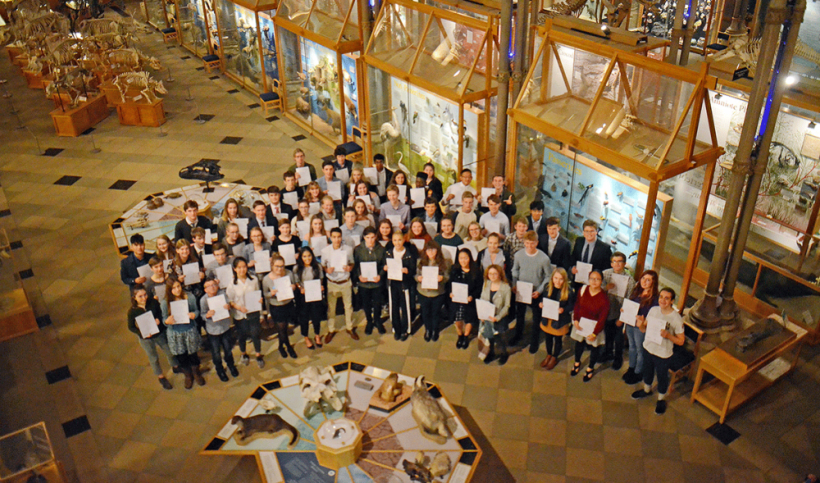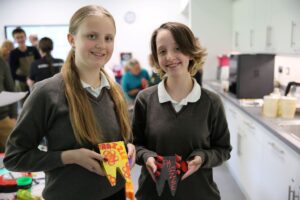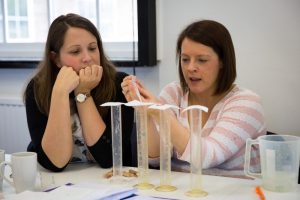Celebration evening for Oxfordshire’s best school scientists
Tuesday 9th October 2018

Some of the county’s most talented and inspiring young scientists are to be celebrated next week at a special event organised by Science Oxford at the Oxford University Museum of Natural History. The Oxfordshire Young Scientists of the Year celebration is an opportunity for the county’s secondary school teachers to nominate their best Year 13 students in biology, chemistry and physics.
Teachers can nominate up to three of their exceptional students, and the criteria used to select students is left up to each school; it could be based on exam results, progress made during the student’s course or in recognition of their enthusiasm and commitment towards their chosen subject.
The 22 participating schools include Oxford Spires Academy, Henry Box School in Witney and the Warriner in Banbury
Karen Bell, Science Oxford’s STEM Projects Manager who is organising the event, says, “At least 67 students will be attending Young Scientists of the Year and the nominations are fantastic. It’s such a lovely event as we don’t just focus on academic achievement but celebrate the students’ contribution to supporting each other and going the extra mile to help others.”
For example, one teacher says of her biology nomination: “She is an exceptional biologist who has demonstrated a genuine passion and curiosity about the natural world. She has dedicated herself to pursuing opportunities to extend her understanding of biology and experience biology beyond the classroom.”
Another says: “He is an absolute pleasure to teach, but the truth is that he often ends up teaching his own teachers!!”
Young Scientists of the Year, which is now in its eighth year, is also a chance for the students to hear young science researchers and professionals about what a career in science is like.
This year’s guest speaker is Dr Phillip Fowler, a computational microbiologist at the Nuffield Department of Medicine at the University of Oxford – based at the John Radcliffe Hospital. Phillip runs a citizen science project called BashTheBug, which is helping researchers measure how different clinical samples of M. tuberculosis grow in the presence of 14 different antibiotics. The project recently reached its first million classifications.
At the end of the event, supported by the Nuffield Department of Medicine and the Science and Technology Facilities Council, each exceptional student will be presented with a special certificate of achievement.



